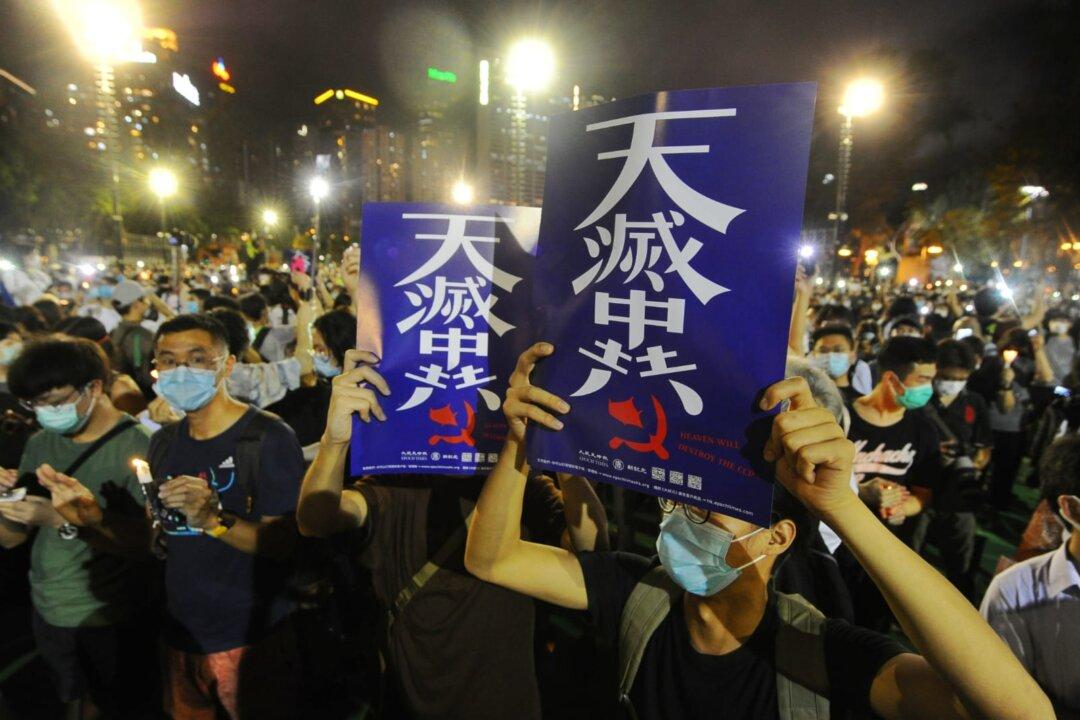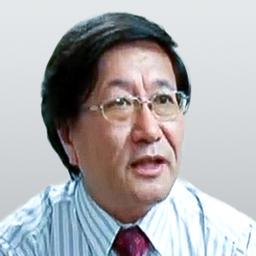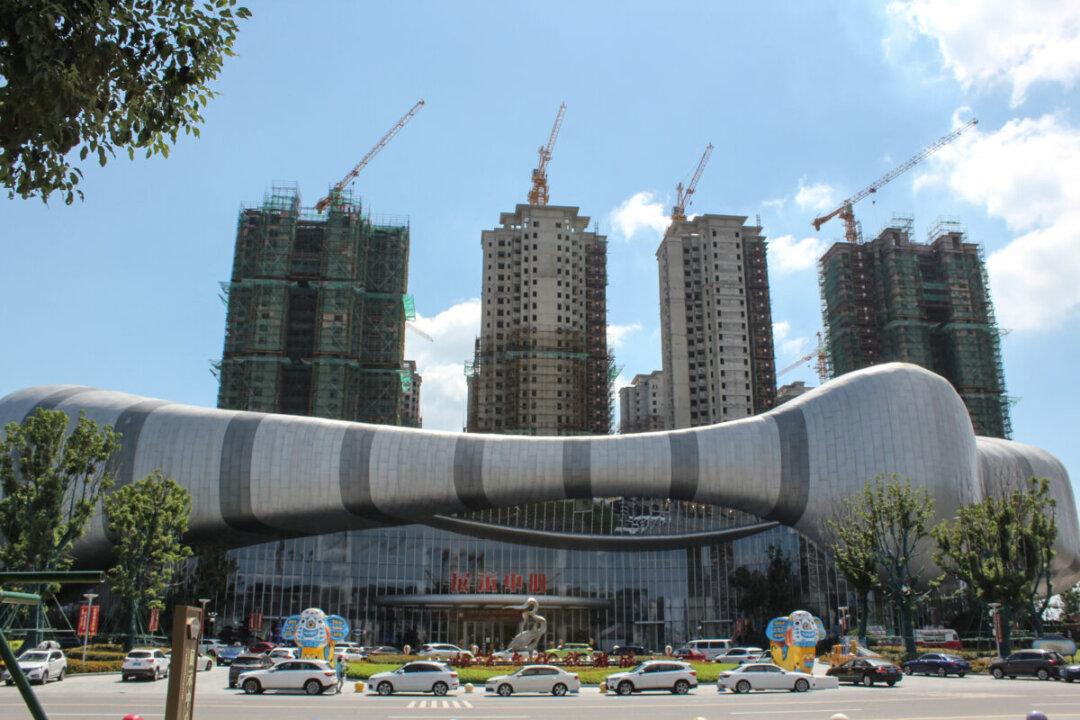Commentary
Historically, communist regimes in the world have shown a pattern of survival anxiety due to their fear of losing power, causing them to commit similar crimes. For example, several decades before the 1989 Tiananmen Square massacre, in which the Chinese regime killed thousands of students protesting for democracy, the communist regimes of East Germany, Czechoslovakia, and Poland had all committed similar crackdowns to suppress free speech.





